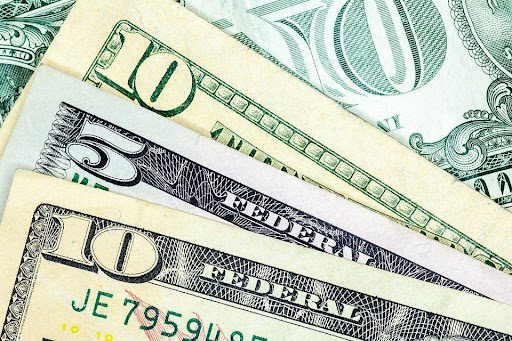Real estate investors and house-flippers often turn to hard money loans for several reasons, which include convenience, flexibility, and speed. It is important to understand the difference between commercial and hard money loans, most notably that hard money loans often have higher interest rates than commercial loans.
But what is a hard money loan, and how does it works? Moreover, what factors affect the interest rates on hard money loans? Let’s find out the answers to all these questions in this post.
What is A Hard Money Loan?
A hard money loan is a specific type of loan that is primarily used for real estate transactions and is secured by real property. The lenders are usually individuals or companies and not banks that use the actual property as collateral.
For borrowers, hard money loans tend to have a higher interest rate and higher down payment requirements compared to conventional loans. Moreover, hard money loans are also not available for the long term and are typically short-term loans that require repayment, usually within a year (because they are high-risk loans for lenders).
 How Hard Money Loans Work
How Hard Money Loans Work
Hard money loans are often provided by lenders who are private individuals or companies and not the traditional lender, i.e. a bank. The loan mainly uses the value of the property as collateral and doesn’t rely solely on the creditworthiness of the borrower.
For lenders, a huge risk is involved in this transaction, and to compensate for their higher risk, there is a higher interest rate on hard money loans than on conventional loans. Moreover, hard money loans are also short term loans that also require a higher downpayment (up to 30% in some cases). However, hard money loans tend to have a quicker approval process than conventional loans.
This type of loan is usually sought by property owners or flippers who intend to upgrade their home or to resell the property, which is used as collateral for the loan, often immediately following the loan repayment. Since hard money loans have higher interest rates, the borrowers intend to repay the loan relatively quickly (typically between one and three years).
In case of a default, the lender gets an opportunity to sell the collateral property themselves and recover the amount of the hard money loan.
Things to Remember About Hard Money Loans
- The cost of a hard money loan to the borrower is typically higher than conventional loans because the lender charges a higher interest rate and higher closing costs.
- Hard money loans are typically short term loans that require a higher down payment.
- The higher expense is a tradeoff for quicker access to financial resources, a more straightforward approval process, and a flexible repayment schedule.
What Factors Determine Hard Money Loan Interest Rate
Hard money loan interest rates tend to be higher than interest rates charged by conventional lenders such as banks. But what factors determine the interest rates for hard money loans?
The factors that determine hard money loan interest rates include the following.
Credit Score
As it works with typical lenders, the interest rate of your hard money loan is likely to be affected by your credit score. Your credit score reflects the risk for the lender while offering you the loan. Some hard money lenders may lend money to potential borrowers with a credit score as low as 600.
Amount of Requested Loan
Another critical factor affecting your hard money loan interest is the amount of loan you have requested. You can expect to pay a higher interest rate for a larger loan compared to a considerably lower amount. Since the interest rate reflects the risk that the lender is taking, the higher the risk (in case of a higher amount of requested loan), the higher the interest rate will be.
Term Length
The interest rate that you pay for your loan also depends on how quickly you will be able to repay the loan. Typically, the interest rates tend to be higher for shorter-term loans. On the other hand, for loans with a longer-term, you will be expected to enjoy more flexibility in payments and a relatively lower interest rate.
The Type of Property You Are Investing In
The type of property that you are investing in also affects your interest rates. If you are investing in a high-risk property, your lenders will charge a higher interest rate compared to your investment in a low-risk property such as a residential property which is likely to have a lower interest rate.
The Real Estate Market
The real estate market is in a constant state of flux which can significantly influence your interest rates. So before you make your financial request, make sure you have a thorough understanding of the market.
Final Words
Bridgepoint Capital is a quality hard money lender that will assist you in your real estate ventures and help determine the personal factors that will affect the interest rates on your hard money loans. Contact us today to find out what kind of rate you can expect at 207-281-3842. Let’s start the discussion about your project and how we can help.

